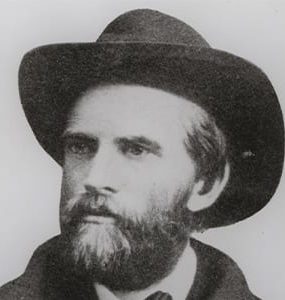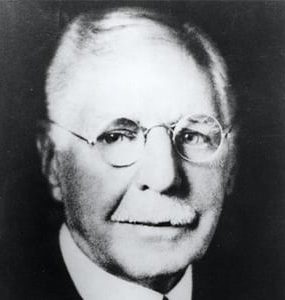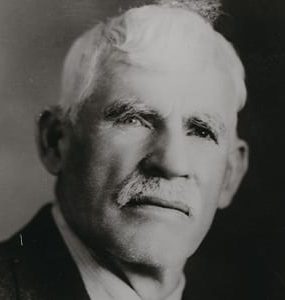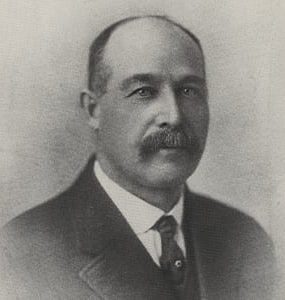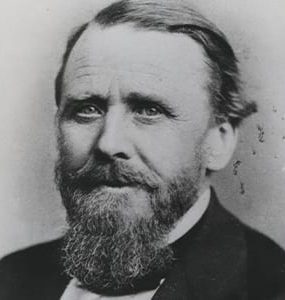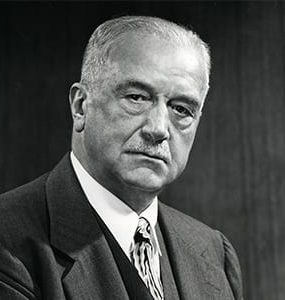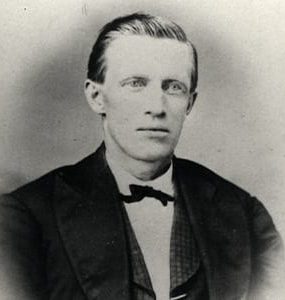Bio
Grenville Mellen Dodge (April 12, 1831 – January 3, 1916) was a pivotal figure in American history. He served as a Union Army officer, military intelligence pioneer, railroad executive, and U.S. Congressman. During the Civil War, Dodge played a key role as Ulysses S. Grant’s intelligence chief in the Western Theater and commanded the XVI Corps during the Atlanta Campaign. His expertise in gathering and utilizing intelligence helped shape Union strategies, making him one of the most effective intelligence officers of the time.
After the war, Dodge became a driving force behind the construction of the Transcontinental Railroad as chief engineer of the Union Pacific. His engineering expertise was crucial in overcoming the many logistical challenges of the project, which ultimately connected the eastern and western United States. His contributions to the railroad industry left a lasting legacy.
In addition to his military and railroad careers, Dodge served as a U.S. Congressman from Iowa and was active in politics, championing infrastructure improvements in the West. Later in life, he was appointed to lead a commission investigating the conduct of the U.S. Army during the Spanish-American War.
Dodge passed away in Council Bluffs, Iowa, in 1916. His home, now a National Historic Landmark, is a testament to his impact on the nation’s history. Fort Dodge in Kansas and Camp Dodge in Iowa are named in his honor, highlighting his enduring influence.

